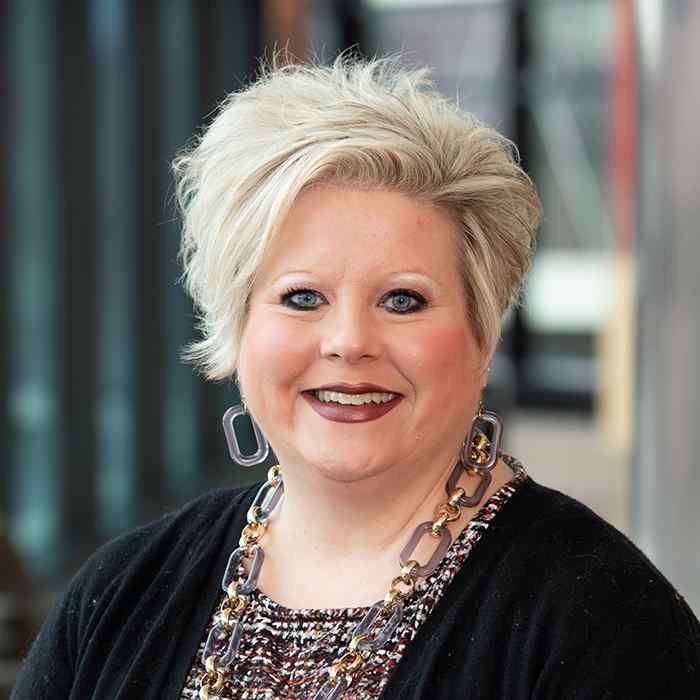Breadrcumbs Holder
Formatted Title
Community Development
Delivery Options
Delivery Options
On Campus
Online
Popular Careers
Popular Careers
Community Development Coordinator
Program Director
Agency Administrator
Bank officer for Community Development Programs
Awards
Awards
A.S. Degree

Dean of the School of Education, Public and Human Service
What it is
Embark on a challenging and meaningful career in Community Development with Minneapolis College’s multifaceted and holistic program that intersects community development, community organizing, and indigenous cultures. Become a leader that makes a difference in people’s lives, working to improve urban communities and affecting change through policymaking at local, state and federal levels.
Highlights
- Our program takes a holistic approach to community development, recognizing the intersections between the economic, social, environmental, and cultural well-being of communities.
- Faculty members have community organizing and development experience on the national, state and local levels.
- Our core curriculum draws heavily from the experiences and perspectives of indigenous communities, communities of color, and other historically marginalized communities in urban settings.
- The program’s core curriculum was developed in partnership with the Native American Community Development Institute and continues to be shaped by an advisory committee comprised of members from a variety of governmental institutions, non-profit organizations, and other community partners.
- Our program is a founding member of Community Learning Partnership (CLP), a national network of academic programs that prepare students for careers in social change.
Widgets
Award Requirements and Course Descriptions & Outlines
Please select the award below to view the degree options and requirements in the college catalog.
Program Learning Outcomes
- Demonstrate knowledge of the history of community development, community organizing, and social movements, with a particular focus on indigenous communities, communities of color, and other marginalized communities.
- Describe and assess strengths and weaknesses of various approaches to community organizing, community development, advocacy, and leadership.
- Demonstrate cultural competence skills and an understanding of human diversity.
- Research and analyze social, political, and economic issues, and public policies, with an emphasis on those that relate to indigenous communities, communities of color, other marginalized communities and urban settings.
- Analyze power and the factors that lead to inequality in various contexts (interpersonal, local, state, national, global).
- Develop media, policy, community organizing, and personal leadership action plans.